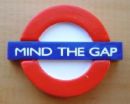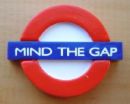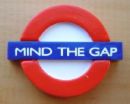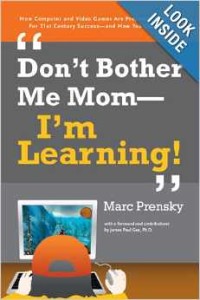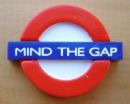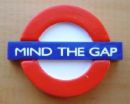 One of a Handful of Revolutionary and Liberating References,
One of a Handful of Revolutionary and Liberating References,
Steven Pinker
This is a truly extraordinary book, some of the finest scholarship I have ever read, easily up there with E. O. Wilson's “Consilience” and other such works.
Four bridges from biology to culture: 1) cognitive science; 2) cognitive neuroscience; 3) behavioral genetics; and 4) evolutionary psychology. I am of course reminded of Stewart Brand, Howard Rheingold, and the long-standing views on Co-Evolution.
The author's primary and most adroitly presented view is that the human mind is NOT a blank slate, and that we must completely separate science from religion as well as politics, because in failing to recognize human nature, we are making bad decisions in many areas. He cites Chomsky as saying that children should grow a language, not learn it.
He sees culture and cognition as the essential “special sauce” for sustainable diversity and societal design. He sees culture as the means by which we construct and destruct.
I believe we are there, and the work of Tom Atlee (“Tao of Democracy”) and Jim Rough (“Society's Breakthrough), along with the other books on the transpartisan list, are the end of the beginning. We can now evolve properly. The author outlines how religious dogma and political ideology harm society and science and humanity most severely.
He lists four fears of the dogmatic: 1) fear of inequality; 2) fear of imperfectability; 3) fear of determinism; and 4) fear of nihilism.
He focuses on the costs and consequences of self-deception, and the important not only of leaning to learn, but of learning to learn collaboratively rather than competitively. He emphasizes that reciprocal altruism works and as a Nobel Prize certified in the 1990's, trust lowers the cost of doing anything.
On pages 220-221 he discusses our need for intuitive physics, biology, engineering, psychology, special sense, number sense, sense of probability, economics, mental databases and logic, and language. This is precisely what the Earth Intelligence Network plans to fund with Medard Gabel's EarthGame. EarthGame will displace rote learning and structured prison-like education for many.
Part V discusses hot buttons, with a chapter for each: Politics, Violence, Gender/Rape, Children; and the Arts. He says that reality-based theory and practice work better than dogma-based ideological biases. Of course they do, but the majority of the public has dropped out and left thieves and morons in charge. We can fix that.
The ends brilliantly. Suffering does NOT ennoble, there is no noble savage, we must understand and craft the culture of man. As Will and Ariel Durant tell is “The Lessons of History,” the only real revolution is in the mind of man. The author cites Richard Shweder and his trinity of autonomy, divinity, and community. There are 901 references over 43 pages and an amazing five-page list as an appendix, from Donald E. Brown, of Human Universals.
This is a transpartisan reference work of great importance.
All Rise: Somebodies, Nobodies, and the Politics of Dignity (Bk Currents)
Consilience: The Unity of Knowledge
Doing Democracy
The Left Hand of God: Taking Back Our Country from the Religious Right
The Lessons of History
The New Craft of Intelligence: Personal, Public, & Political–Citizen's Action Handbook for Fighting Terrorism, Genocide, Disease, Toxic Bombs, & Corruption
The Republican War on Science
Smart Mobs: The Next Social Revolution
Society's Breakthrough!: Releasing Essential Wisdom and Virtue in All the People
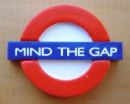 Click Here to Vote on Review at Amazon,
Click Here to Vote on Review at Amazon,
on Cover Above to Buy or Read Other Reviews,
I Respond to Comments Here or There


